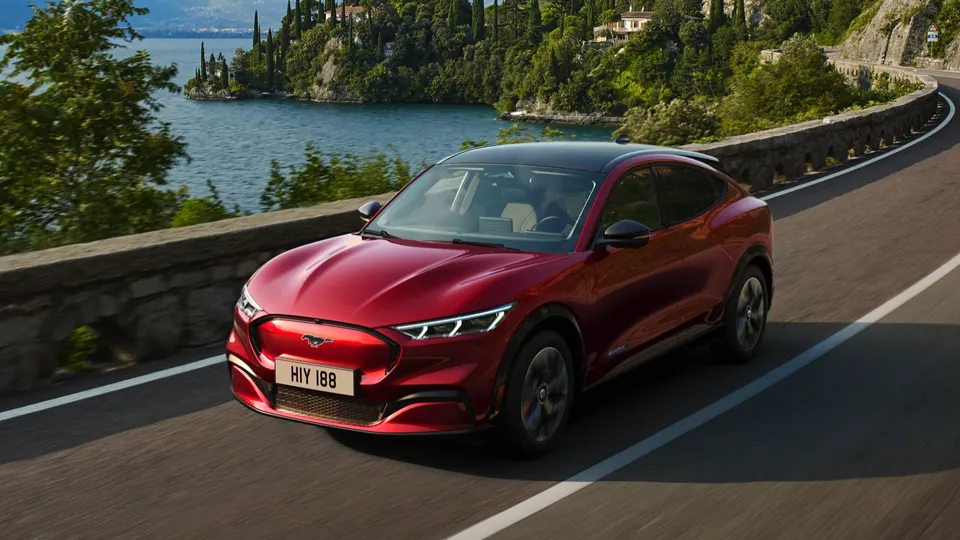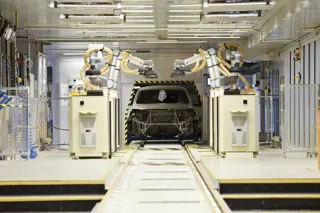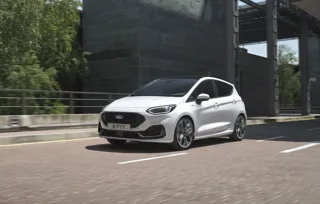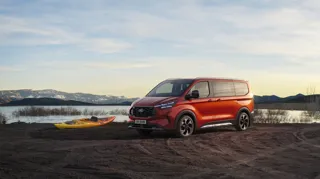Ford will introduce a new type of battery for the Mustang Mach-E this year, which will make the car more affordable.
The car maker will offer lithium iron phosphate (LFP) batteries alongside the existing nickel cobalt manganese (NCM) units.
The move will allow Ford customers to choose an electric vehicle (EV) with battery performance characteristics most aligned with their needs.
LFP batteries are very durable and tolerate more frequent and faster charging while using fewer high-demand, high-cost materials.
Ford said LFP batteries will power a variety of affordable, next-generation EVs.
“Ford’s electric vehicle line-up has generated huge demand. We’re delivering on our commitments as we scale LFP and NCM batteries and thousands, and soon millions, of customers will begin to reap the benefits of Ford EVs with cutting-edge, durable battery technologies that are growing more affordable over time,” said Jim Farley, Ford president and CEO.
The company is aiming to deliver an annual run rate of 600,000 electric vehicles globally by the end of this year and 2 million globally by the end of 2026 as part of its Ford+ plan.
Ford has committed to sell only electric cars in Europe by 2030, with all Ford cars sold in the continent by 2026 expected to be zero-emissions capable.
The brand’s entire commercial vehicle range will also include a zero-emissions capable option, electric or plug-in hybrid, by 2024, with two-thirds of Ford’s commercial vehicle sales expected to be all-electric or plug-in hybrid by 2030.
> Interested in comparing electric vehicle data? Check out our EV tool.
> Interested in ensuring the efficient use of EVs. Check out our dedicated editorial sections: Insight & policy | EV news | Charging & infrastructure | Costs & incentives | Benefit-in-kind | EV case studies | EV road tests






















Login to comment
Comments
No comments have been made yet.